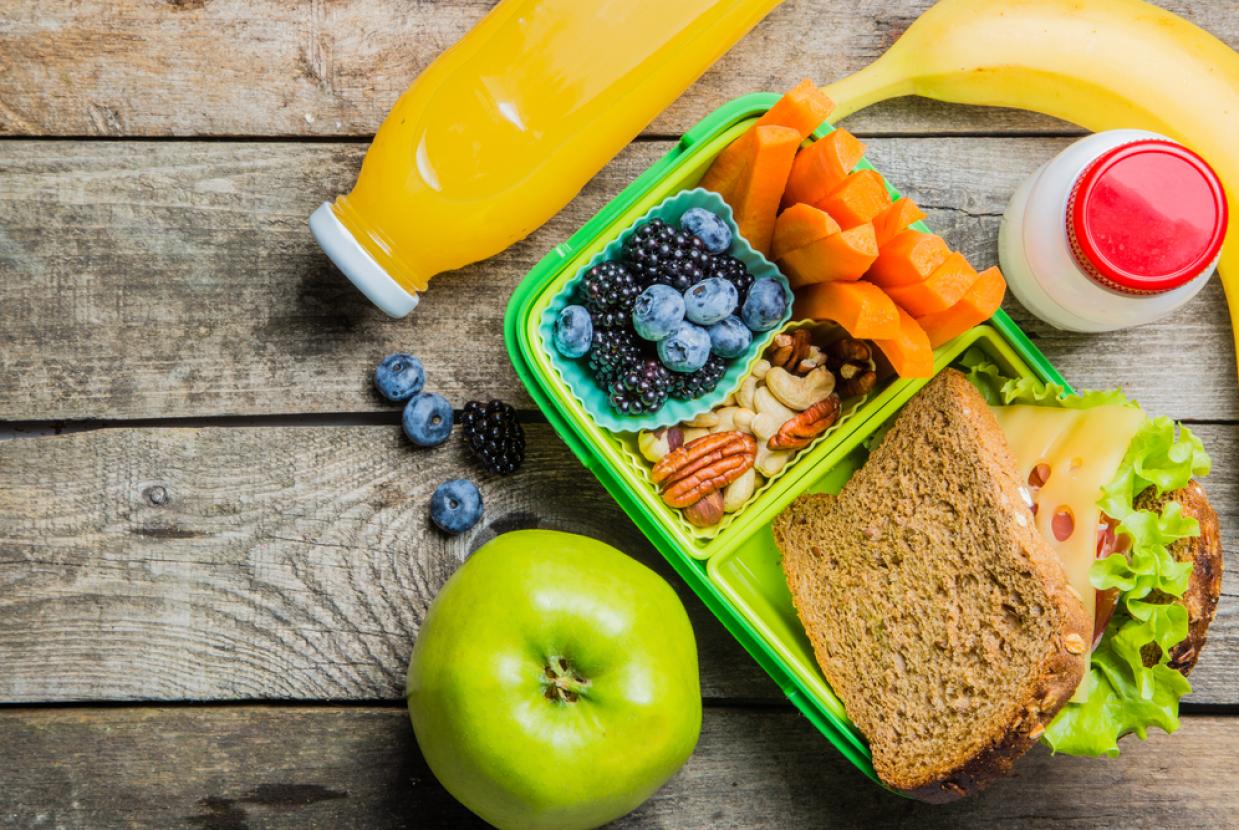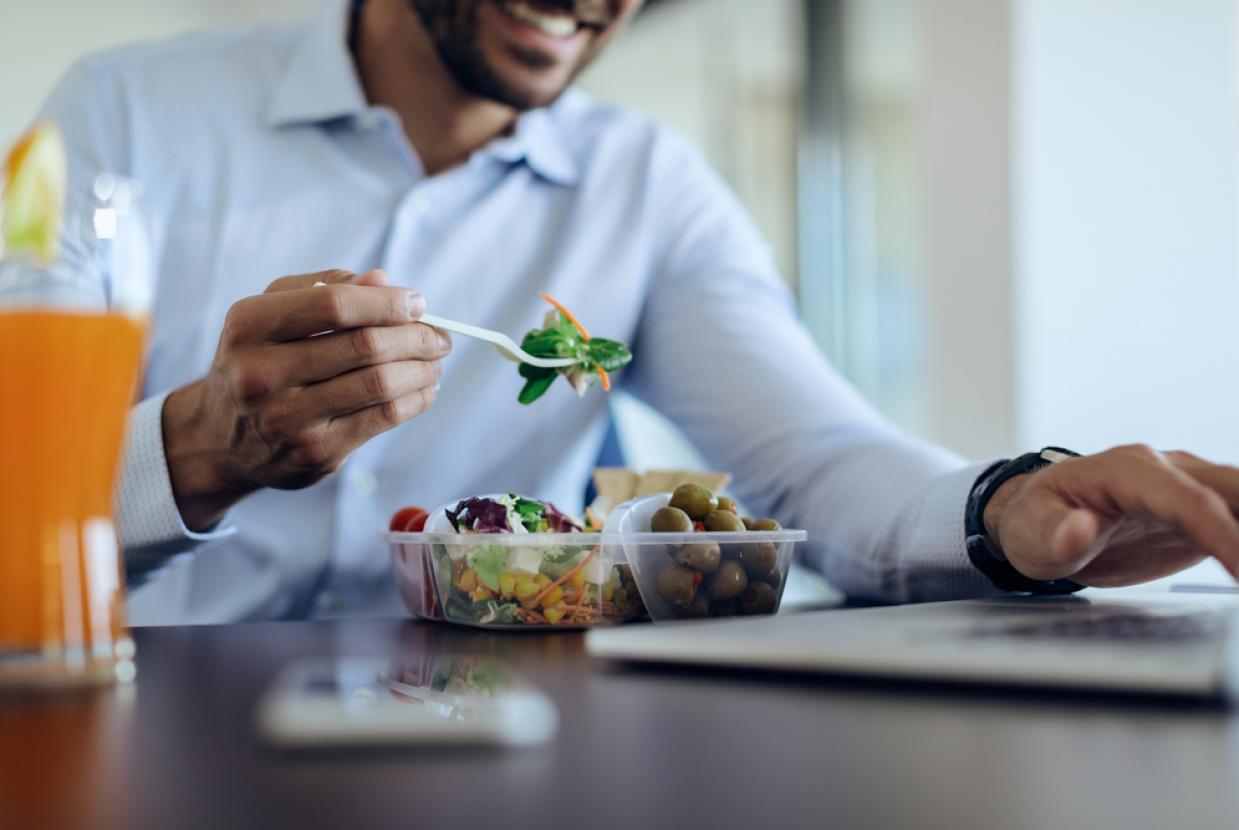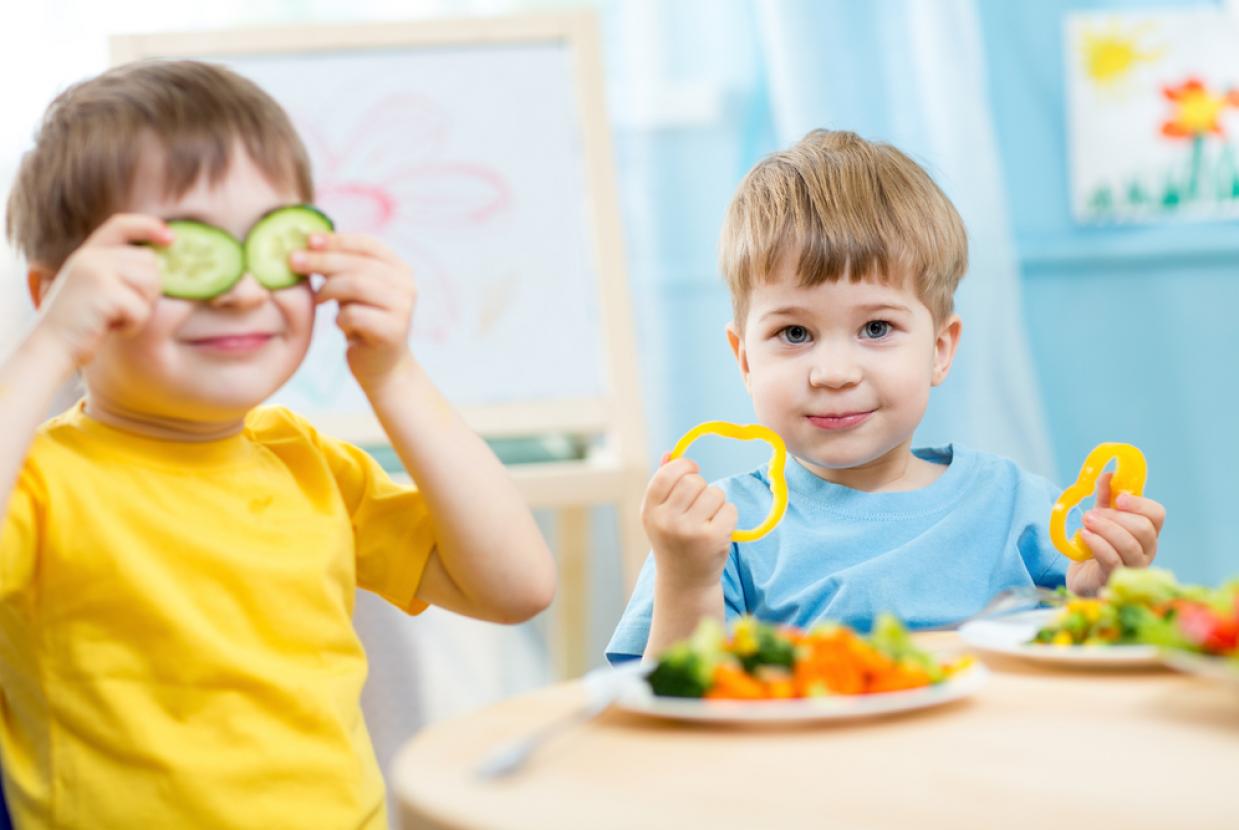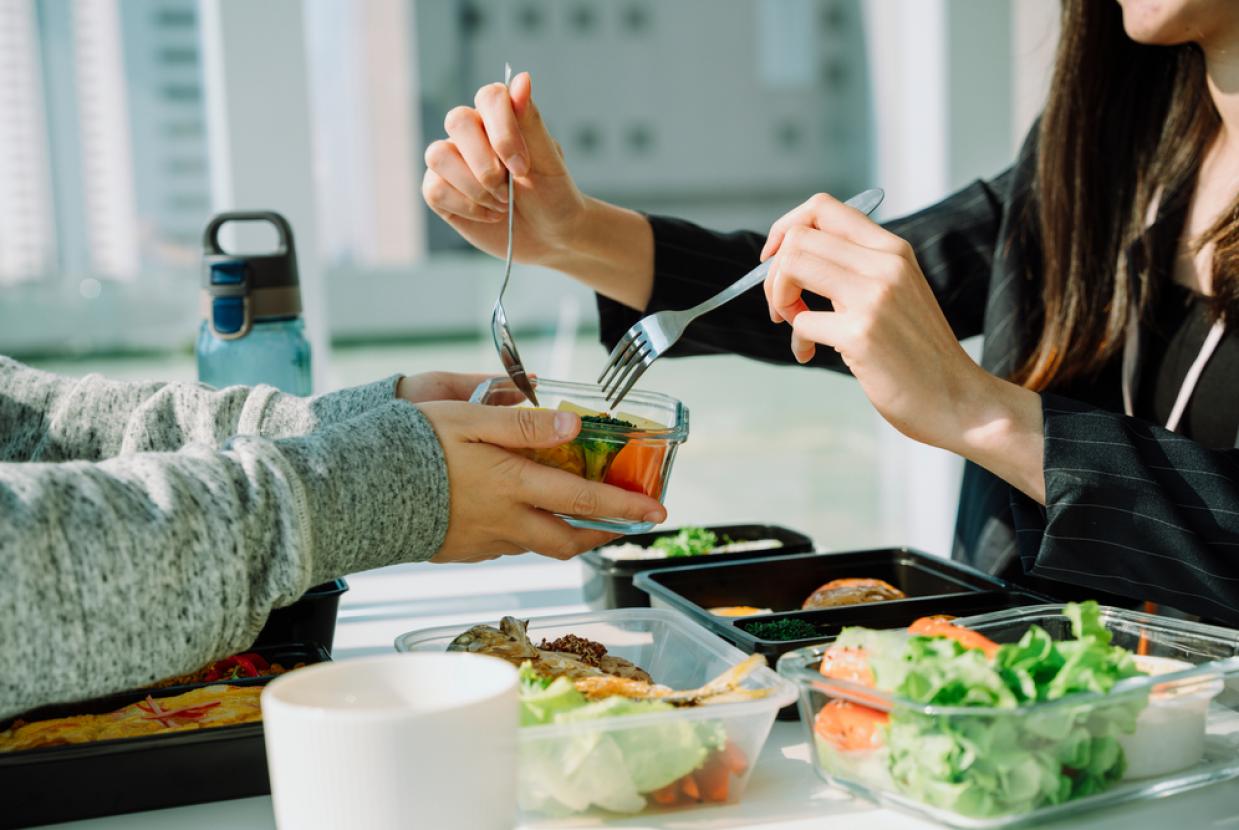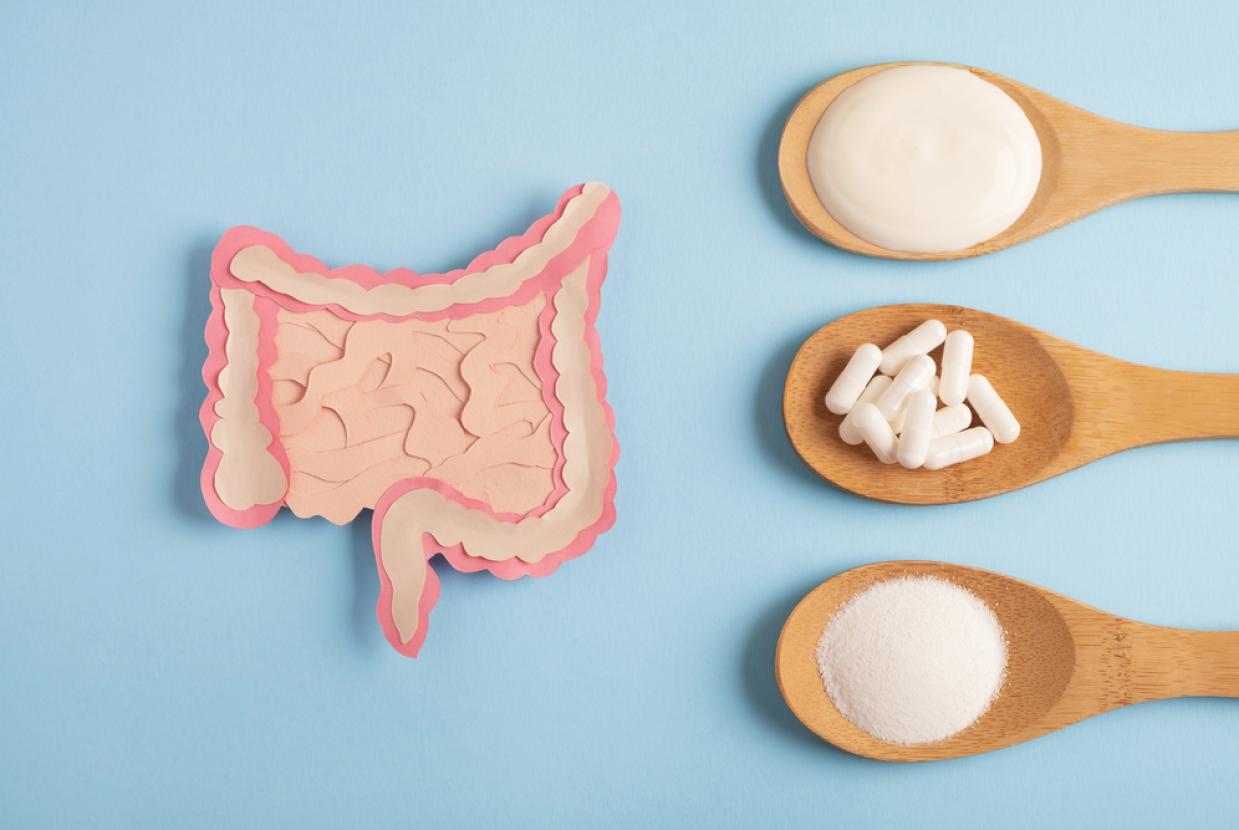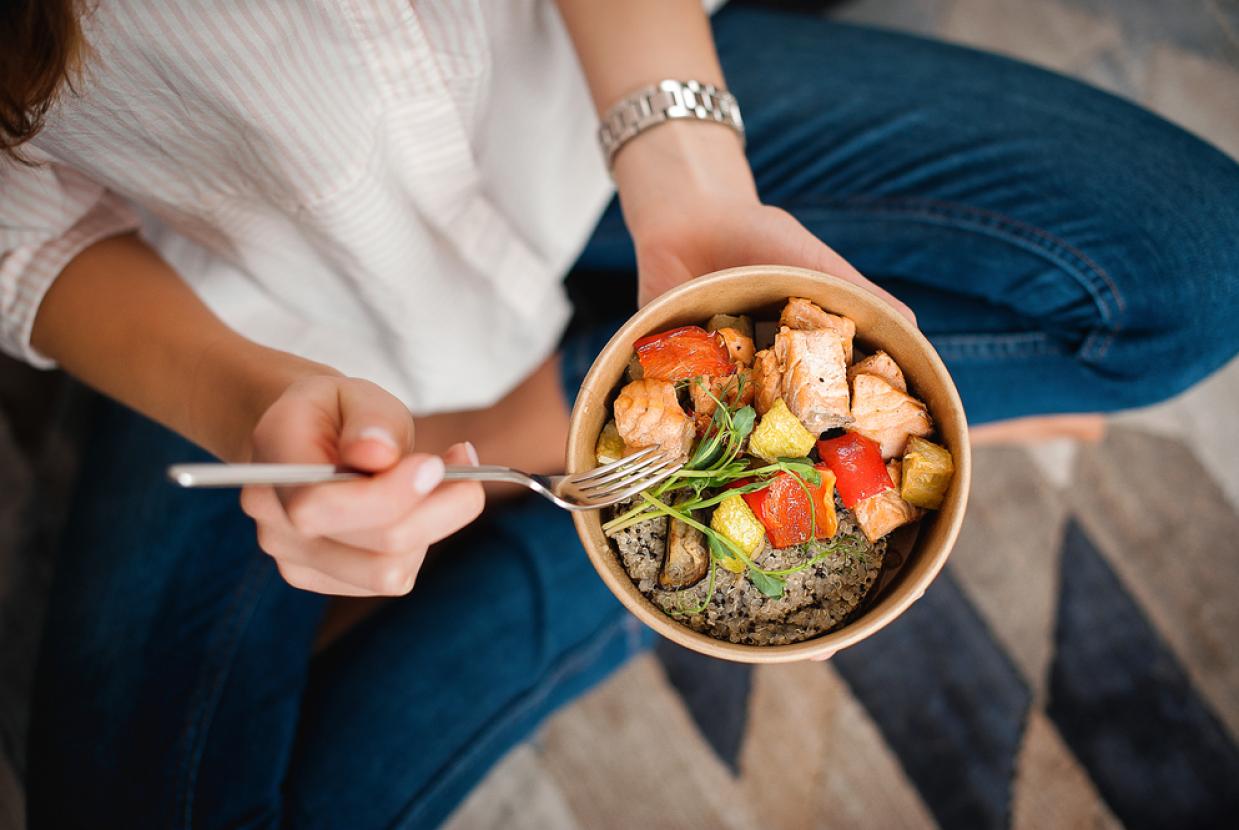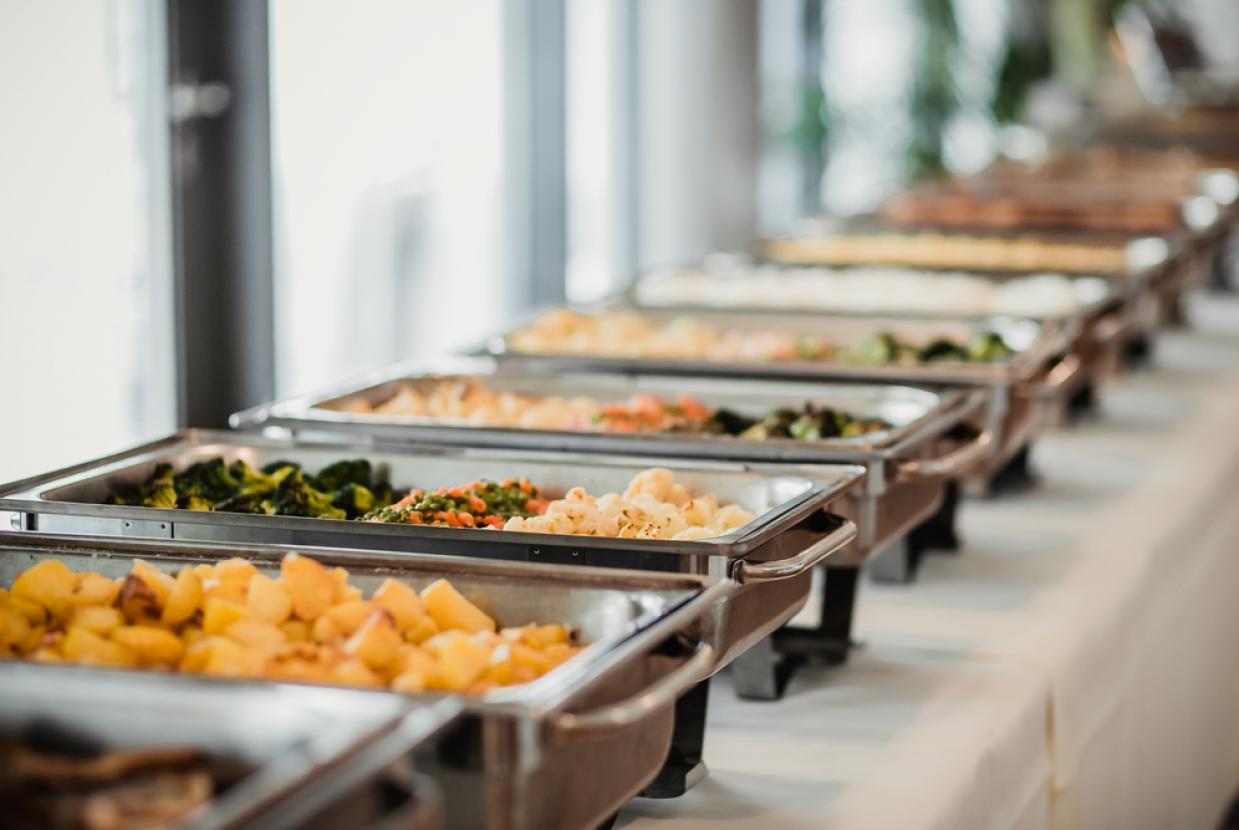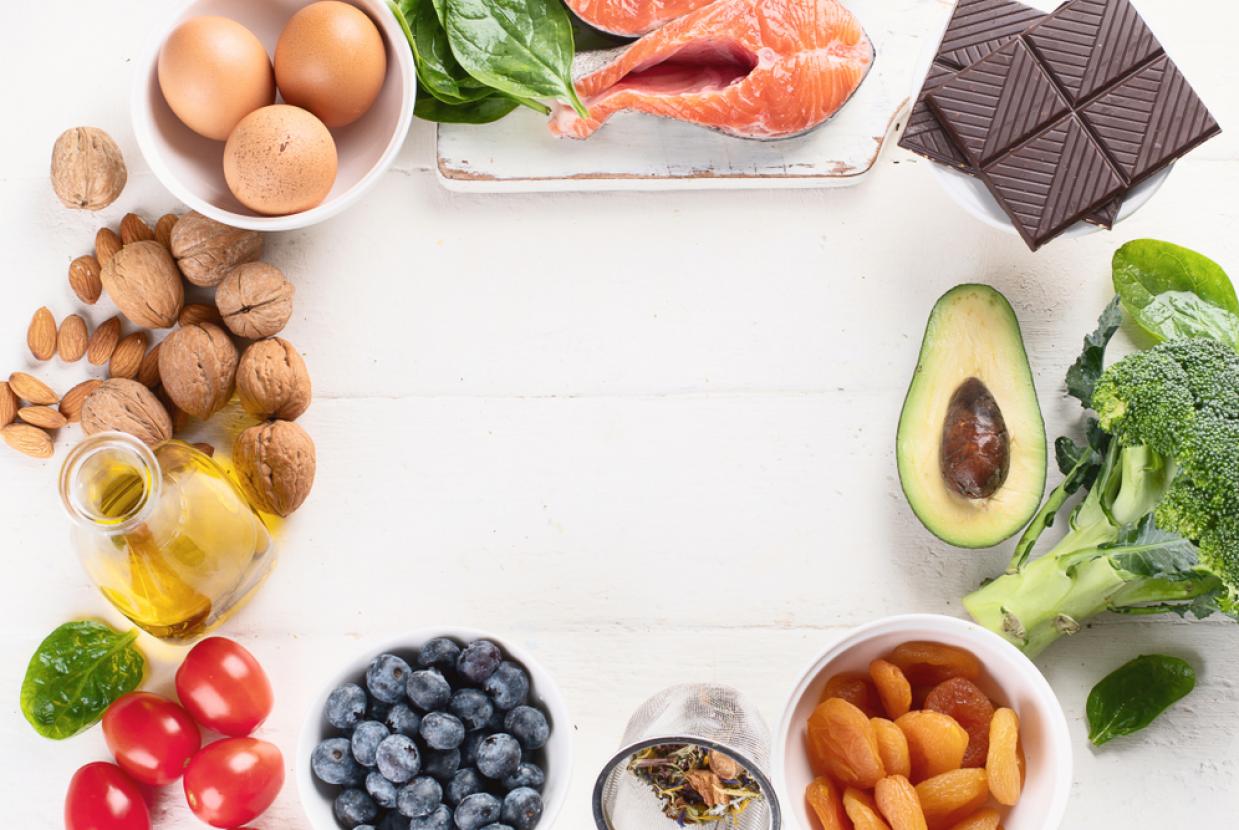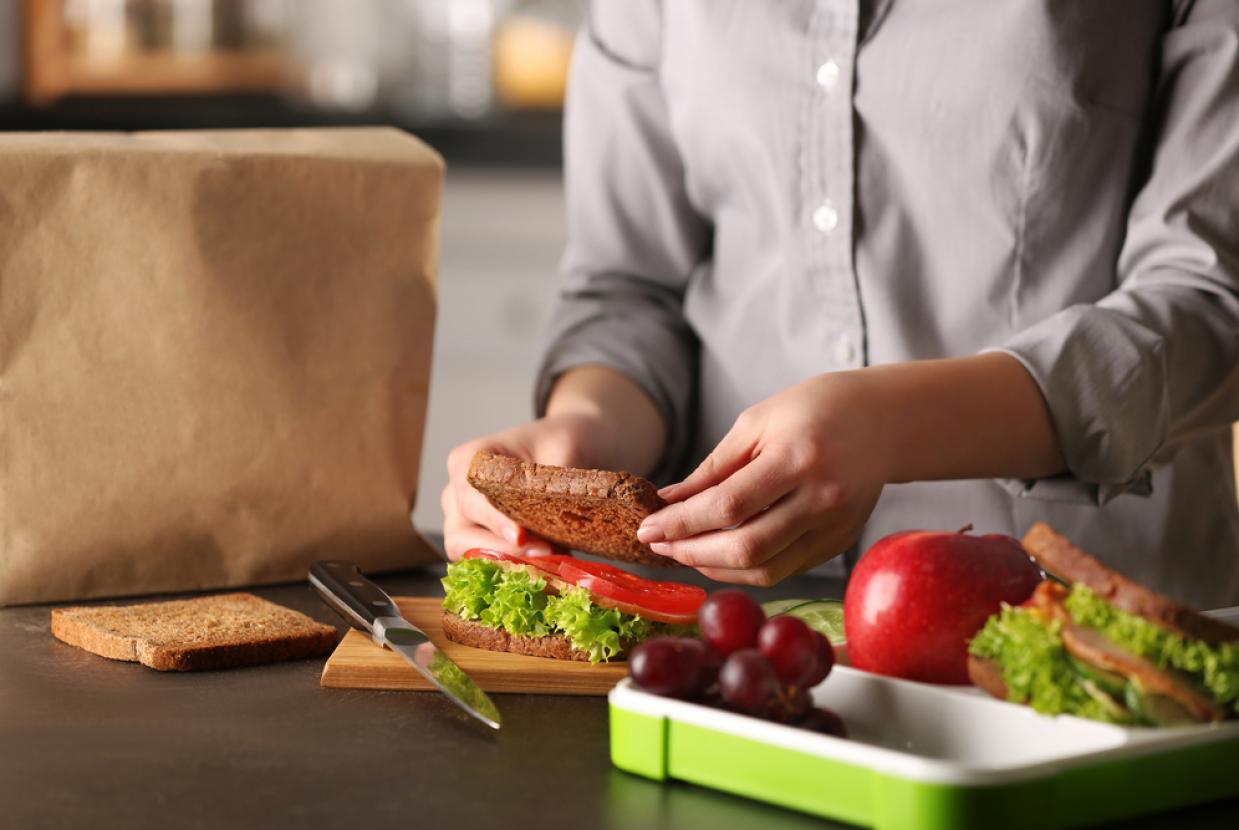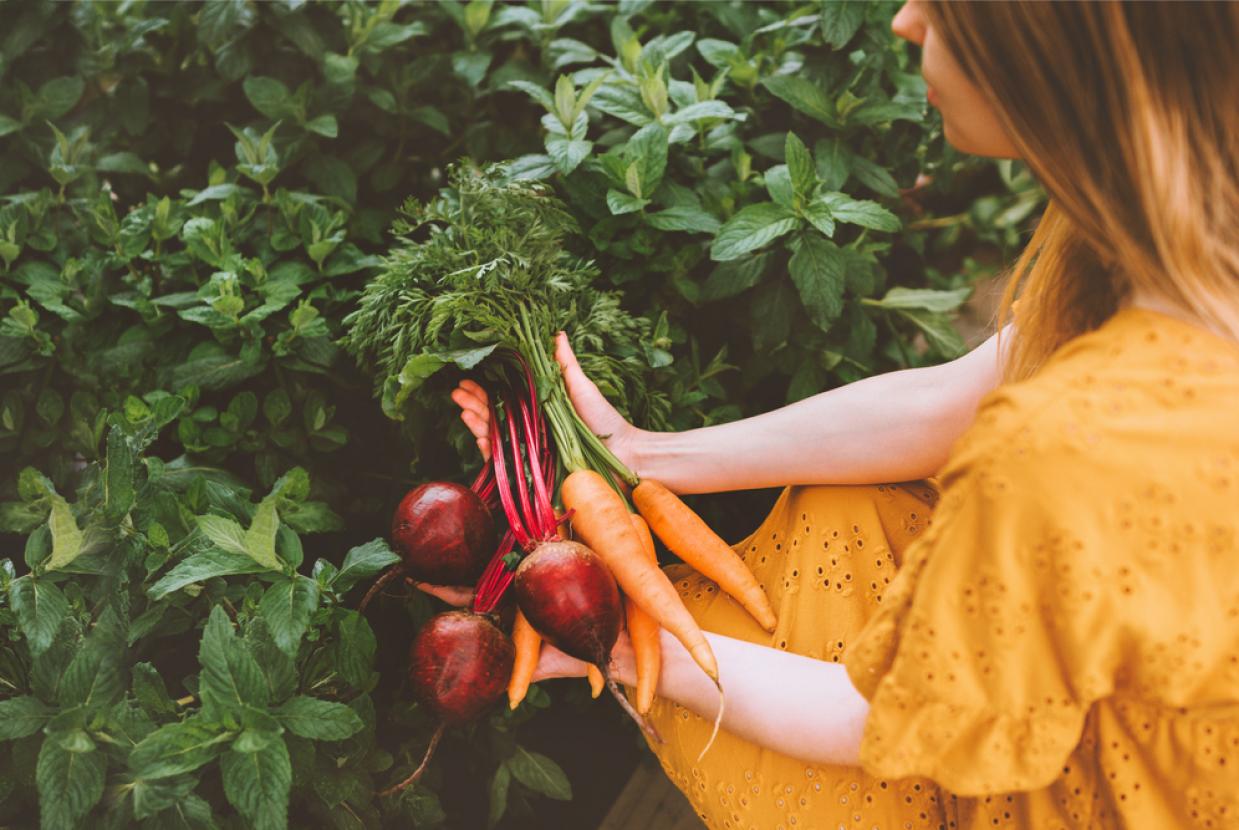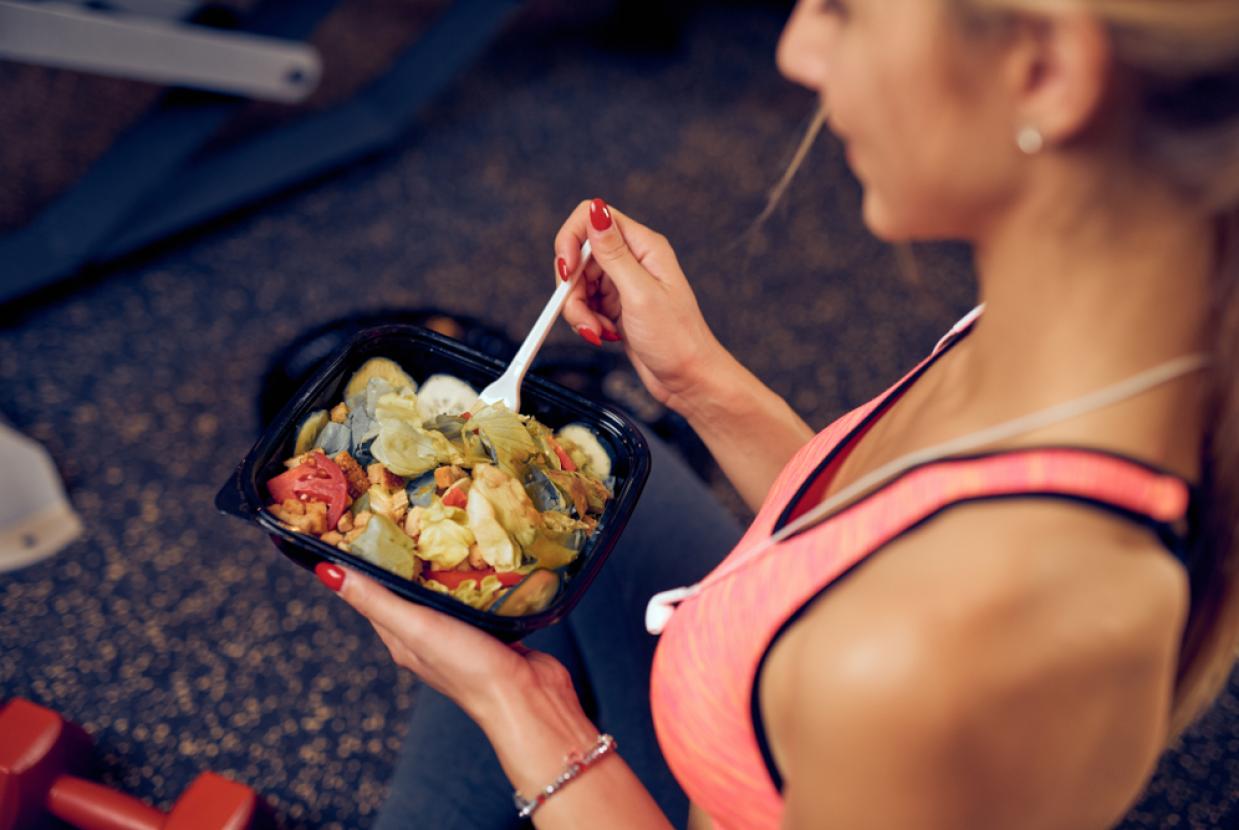Healthy School Lunches
Healthy Diet / Family HealthPractical tips for you and your children on how to prepare a healthy lunchbox
Good food habits set early in childhood can last a lifetime. Lunches provide around one third of our daily nutritional needs, so it’s important to put some thought and planning into them.
Here are some tips on how to prepare a healthy lunchbox that your child will eat and enjoy.
1. Tired of packing the same old lunch? - Keep it varied
We often end up putting the same things in the lunchbox every day. Keeping lunchbox contents varied makes lunch more enjoyable. The following planner shows you some examples of snacks and lunch items.
More ways to keep your lunchboxes interesting:
- Vary the types of bread for example, pitta bread, bagels, wholemeal rolls – keep a stock in the freezer
- Cook extra rice or pasta in the evening – these can make great salads
- Try a pasta salad or filled tortillas
- Fluids are important for children – up to 6 cups of fluid should be encouraged daily. Milk and plain water are the best options. Brightly coloured bottles can make plain water more interesting!
- Get your child involved in packing lunches. Let them help choose some element of their lunch. Pick a colourful lunchbox or let them decorate one with stickers
- Children often need to see and taste new foods several times before they accept them, so try out new ideas at teatime or the weekend before including them in a lunchbox
Remember that sandwiches containing meat or other foods that require refrigeration should be kept as cold as possible until lunch.
2. Include a wide variety of foods – fruit and vegetables, starchy foods, protein and dairy
Vegetables, salad and fruit. At least one portion from the fruit and vegetables food group:
- 1 medium apple, orange, banana, pear or similar size fruit
- 2 small fruits – plums, kiwis, mandarins or similar size fruit
- A small glass (150ml) of unsweetened fruit juice
- Half a tin (3 tablespoons or 4 dessertspoons) of fruit in its own juice
- 1 small bunch of grapes (10 grapes)
- 1 small salad (for example, dessert bowl sized salad of lettuce, tomato, cucumber and celery sticks)
- 3 tablespoons or 4 dessertspoons of vegetables (for example, chopped or grated carrots)
- A bowl of homemade vegetable soup in a thermos flask for older children
- A small pot of fruit salad
- A small salad box
Meat, poultry, fish, eggs, beans and nuts. One portion from the meat and meat alternatives food group:
- 2 slices (50–75g) of cooked meat
- 1–2 eggs (hard-boiled, sliced or mashed)
- A small can (100g) of tuna, salmon, mackerel or sardines
- 4 tablespoons of hummus - try out as a dip with carrots or celery
- Note: Fish such as tinned tuna or salmon should be included in the lunchbox at least once a week – remove any bones
Wholemeal cereals and breads, potatoes, pasta and rice. One portion from the bread and cereals group which would be:
- 2 thin slices of wholemeal bread
- 1 small wholemeal bread roll
- 1 wholemeal tortilla wrap
- 1 wholemeal pitta bread
- 4–6 wholemeal crackers or breadsticks
- 1 cup of cooked brown rice, pasta or couscous
- 1 small wholemeal bagel
Milk, yoghurt and cheese. One portion from the dairy products food group:
- 1 glass or mini-carton of milk (200ml)
- A pot of natural or low-fat yoghurt (125ml)
- 2 cheese triangles
- 2 thumbs (25g) of cheese such as cheddar, edam or gouda varieties
Note: Low-fat dairy products are suitable for children over two years of age.
3. Suitable drinks for children
It is important that children take in enough fluids during the day. If they do not drink enough, they may become dehydrated, thirsty, tired and weak. Drinks should always be included for break-time and lunch.
Plain water and milk are the most suitable drinks for children. Because of its natural sugar content, unsweetened fruit juice should only be consumed with meals and ideally diluted (one part juice to ten parts water).
If you are unsure about whether a drink contains added sugar, check the ingredients list. Less common terms for sugar that may appear on the ingredients list are sucrose, fructose, glucose, maltose, dextrose and syrup.
The low down on suitable drinks:
Plain water and milk are the best choice at any time.
- Milk (low-fat preferably)
- Plain water
Limit these to a small glass once a day and its best to have it at mealtimes:
- Unsweetened fruit juice (fruit juice from concentrate is suitable also if it does not contain added sugar)
- Flavoured milk - choose brands that are lower in sugar
- Diluted sugar-free squash
- Yoghurt or milk drinks - choose brands that are lower in sugar
- Smoothies - homemade using whole fruit are best
- Fruit juice drink (unsweetened)
These don’t provide important nutrients and are not tooth friendly:
- Fruit Juice drink (sweetened)
- Fizzy drinks (including diet versions)



